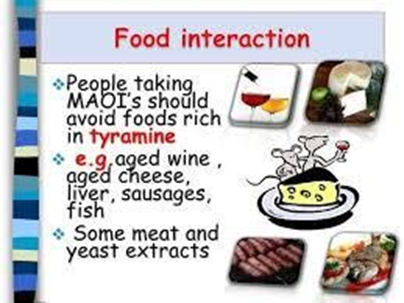A nurse is reviewing laboratory data from a client who has chronic kidney disease. Which of the following findings should the nurse expect?
Increased bicarbonate
Increased calcium
Increased hemoglobin
Increased creatinine
The Correct Answer is D
A. Chronic kidney disease often results in metabolic acidosis, leading to decreased bicarbonate levels rather than increased.
B. Chronic kidney disease commonly leads to hyperphosphatemia and hypocalcemia due to impaired renal excretion of phosphate and decreased activation of vitamin D, resulting in decreased calcium levels.
C. Chronic kidney disease often results in anemia due to decreased production of erythropoietin, leading to decreased hemoglobin levels rather than increased.
D. Increased creatinine levels are indicative of impaired renal function, a hallmark of chronic kidney disease.
Nursing Test Bank
Naxlex Comprehensive Predictor Exams
Related Questions
Correct Answer is D
Explanation
A. Potatoes do not contain significant levels of tyramine and are generally safe to consume with MAOIs.
B. Grapefruit does not contain significant levels of tyramine and are generally safe to consume with MAOIs.
C. Eggs do not contain significant levels of tyramine and are generally safe to consume with MAOIs.
D. MAOIs (Monoamine Oxidase Inhibitors) require dietary restrictions to avoid tyramine, which is found in high levels in aged cheeses. High tyramine intake while on MAOIs can lead to hypertensive crises.

Correct Answer is C
Explanation
A. Having social support from friends is a protective factor against child abuse.
B. Seeking support from other parents indicates a healthy coping mechanism and reduces the risk of child abuse.
C. This statement suggests unrealistic expectations about the baby's development and behavior, which could lead to frustration and increased risk of child abuse. Unrealistic expectations are a risk factor for abusive behavior towards children.
D. This statement reflects attentiveness and responsiveness to the baby's needs, which reduces the risk of child abuse.
Whether you are a student looking to ace your exams or a practicing nurse seeking to enhance your expertise , our nursing education contents will empower you with the confidence and competence to make a difference in the lives of patients and become a respected leader in the healthcare field.
Visit Naxlex, invest in your future and unlock endless possibilities with our unparalleled nursing education contents today
Report Wrong Answer on the Current Question
Do you disagree with the answer? If yes, what is your expected answer? Explain.
Kindly be descriptive with the issue you are facing.
